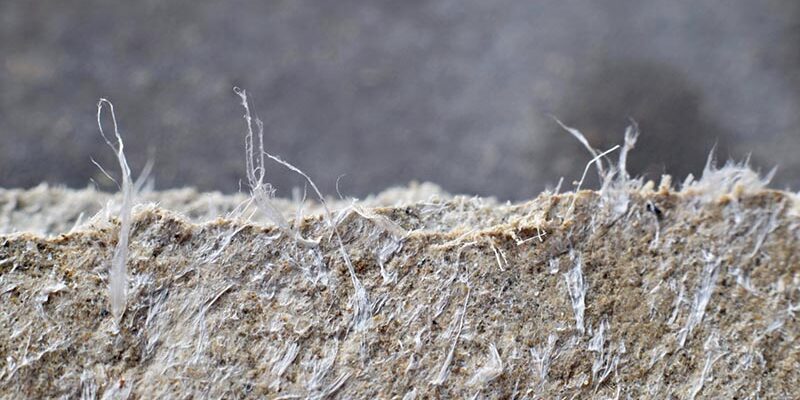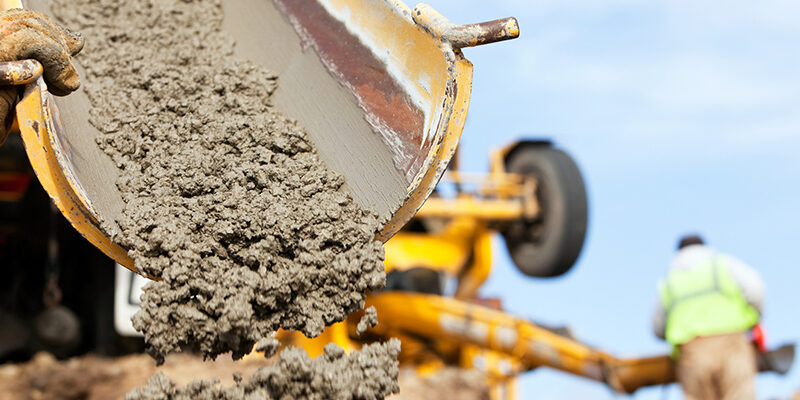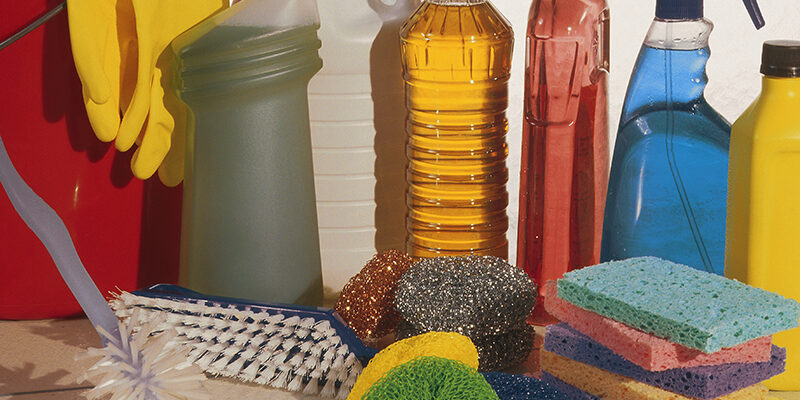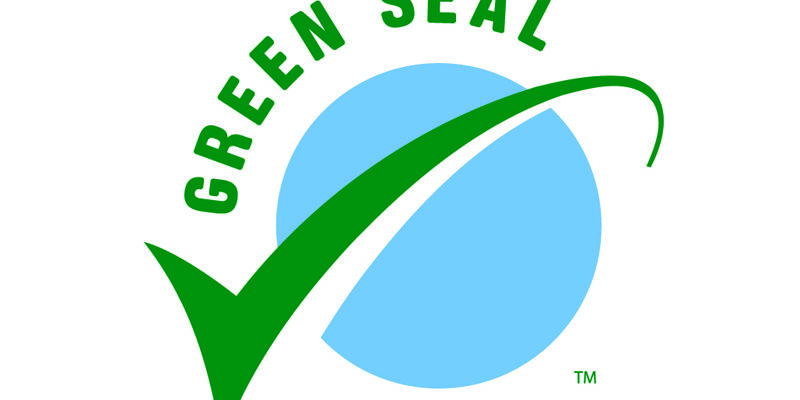10 Expert Ways to Protect Your Truckmount
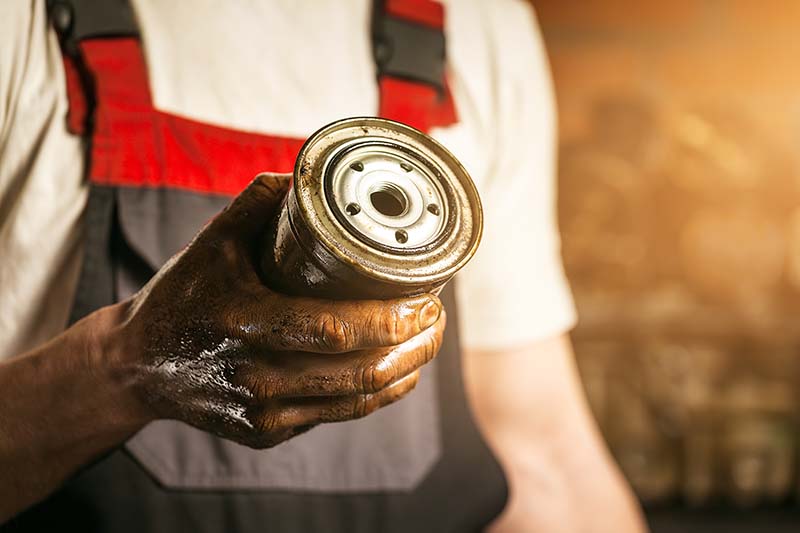
By Laura Ortbahn
A truckmount may be one of the most expensive pieces of equipment you own. So, how do you best protect it? Regular truckmount maintenance is the key.
When you buy a truckmount for your business, whether new or used, you should always review the operation instructions for the machine and discuss service schedules with your local service center before its first job.
New machine operators often experience issues that are preventable and are caused by not thoroughly understanding how a truckmount operates and what components need to be serviced regularly. Truckmount maintenance is not just for your local service center—some components require maintenance daily, monthly, annually, or at certain hourly intervals. Your operator’s manual should list all specific instructions and time guidelines for each maintaining component.
Having access to a service network and support is a key advantage of purchasing equipment from a major manufacturer. Doing so generally gives you access to training for you and your techs in proper truckmount maintenance and repair. Being knowledgeable about your truckmount helps to ensure that if something goes wrong, it can get back out on the road and be making money again as quickly as possible.
To help truckmount users be prepared, especially ahead of the cold winter months, the Legend Brands service team came together to offer expert tips for maintenance.
1 | Daily
At the end of each workday, it’s critical to lubricate your blower with a quality silicone or PTFE-based lubricant to prevent rust and corrosion buildup. This reduces the chance of excess moisture accumulation in the blower. On most truckmounts, there is a lubrication cup located on the front of the machine that makes it easy to apply the lubricant. Skipping this step can lead to costly repairs and shorten the lifespan of the vacuum pump.
“Keep the waste tank lid cracked open when not in use,” Rick Aranda suggests. “This also helps to prevent moisture from accumulating in the vacuum pump.”
2 | Every 200 hours
Protect your truckmount’s engine. It is the heart of your truckmount, and if you don’t regularly change the fluids, you risk dramatically reducing its life.
“We recommend oil changes at 50 hours for new units and every 200 hours thereafter,” says Glen Wilson. “If you plan to do this yourself, you can pick up an engine maintenance kit that includes everything you need to change your oil, oil filters, air filters, and spark plugs.”
3 | Monthly
Heat-exchange technology and temperature control have significantly improved since truckmounts’ early years. If you have a newer unit, it’s likely equipped with precise
temperature-control diverter valves and specialty cylinders. “Keep these devices properly lubed monthly to keep the solution temperature controls operating as intended,” Justin Johnston recommends.
4 | Monthly
Cleaning the bypass manifold orifice and screen ensures your unit will maintain consistent temperatures so there won’t be significant spikes or drops in solution temperature. A clogged orifice can lead to overheating of your machine and cause non-warrantable damages.
Alvin Amirkhanian explains, “Many truckmounts have an orifice and screen that need to be cleaned monthly. Simple how-to videos are available on YouTube.”
5 | Regularly
Dirty filters, float switches, and inadequate seals all affect the vacuum performance of your unit. Check the waste lid gasket often to ensure your tank has a tight seal, and plan on replacing it if you see any visible wear. Also, clean, inspect, and/or replace your waste tank filter whenever there is visible wear or damage to the filter.
Always make sure that the float switch is clear of any debris and operating properly. “A dirty float switch can often cause headaches in the field,” Johnston explains. “Your wastetank can easily overflow into your van if the switch does not properly detect the wastewater levels, or a failed switch can shut down your machine prematurely.”
6 | Regularly
Proper truckmount maintenance and inspection of cleaning tools and hoses is also critical. To keep your truckmount operating at peak pressure, heat, and vacuum, be sure to inspect vacuum and solution hoses for cracks, excessive wear, or damage. And don’t forget the wand! No one wants to do a job with plugged, corroded, or leaking jets or damaged glides.
Tools need to be protected from freezing as well. Just make sure to capture the antifreeze into an approved container. Also, scale can build up in your wand jets and affect cleaning performance, so remember to descale your cleaning tools regularly to flush out any hard water deposits.
7 | Regularly
Visually inspect belts regularly. Look for wear and pay attention to the sounds of your machine. “If you notice squealing noises coming from your unit, it could be due to a belt slippage or misalignment,” says Amirkhanian. “I suggest taking your equipment to a local service center when something just doesn’t sound right to diagnose and fix any potential issues.”
8 | Regularly
Regularly check lubricant levels on these three major components: Engine, pressure pump, and vacuum pump. Aranda points out, “This is a simple but too often overlooked step.”
9 | Frequency dependent on water hardness
Nearly 85% of the United States has hard water with dissolved minerals in excess of .35 grains of hardness. Water with high mineral content leaves behind deposits inside water lines, pumps, heat exchangers, valves, and fittings—basically throughout your entire water system. These deposits reduce or block the flow of water. This can lead to significant damage throughout your truckmount system and create expensive repair bills.
“We see many avoidable and sometimes very costly failures from users operating truckmount equipment using hard water. Descaling your truckmount is a simple 15-20 minute process that recirculates an acid cleaner to dissolve scale and mineral deposits in your system and flush it out,” Johnston and Aranda say, adding, “Descaling procedures vary by model, so we always recommend referring to your operations manual for detailed instructions.”
10 | Annually
Freeze-protect your unit by winterizing with antifreeze. If your truckmount is exposed to freezing weather conditions, the water inside your machine may freeze, resulting in serious damage. “Heat exchange systems and other components may have to be replaced after freeze damage. You can usually find winterizing instructions in the service/maintenance section of your operator manual,” says Wilson. “For additional protection, I recommend parking your vehicle inside a heated building during colder months whenever possible.”
When you decide to invest in truckmount equipment, you want to maximize the operating life and performance of the unit. To help prevent unnecessary downtime and premature component failure, establish a service and maintenance program as a part of your regular business practices.
Truckmount equipment is expensive—protect your investment! Proper truckmount maintenance will extend its life and usefulness, resulting in reduced operating costs and increased profitability for years to come.
As the cleaning equipment category manager at Legend Brands, Laura Ortbahn manages the lifecycle of current products and new idea development. She works directly with end customers plus Legend Brands regional service managers and product specialists to proactively address technical questions and issues that relate to truckmount maintenance and operation. She worked in customer support and equipment sales for Prochem and Legend Brands for 11 years before becoming category manager.


